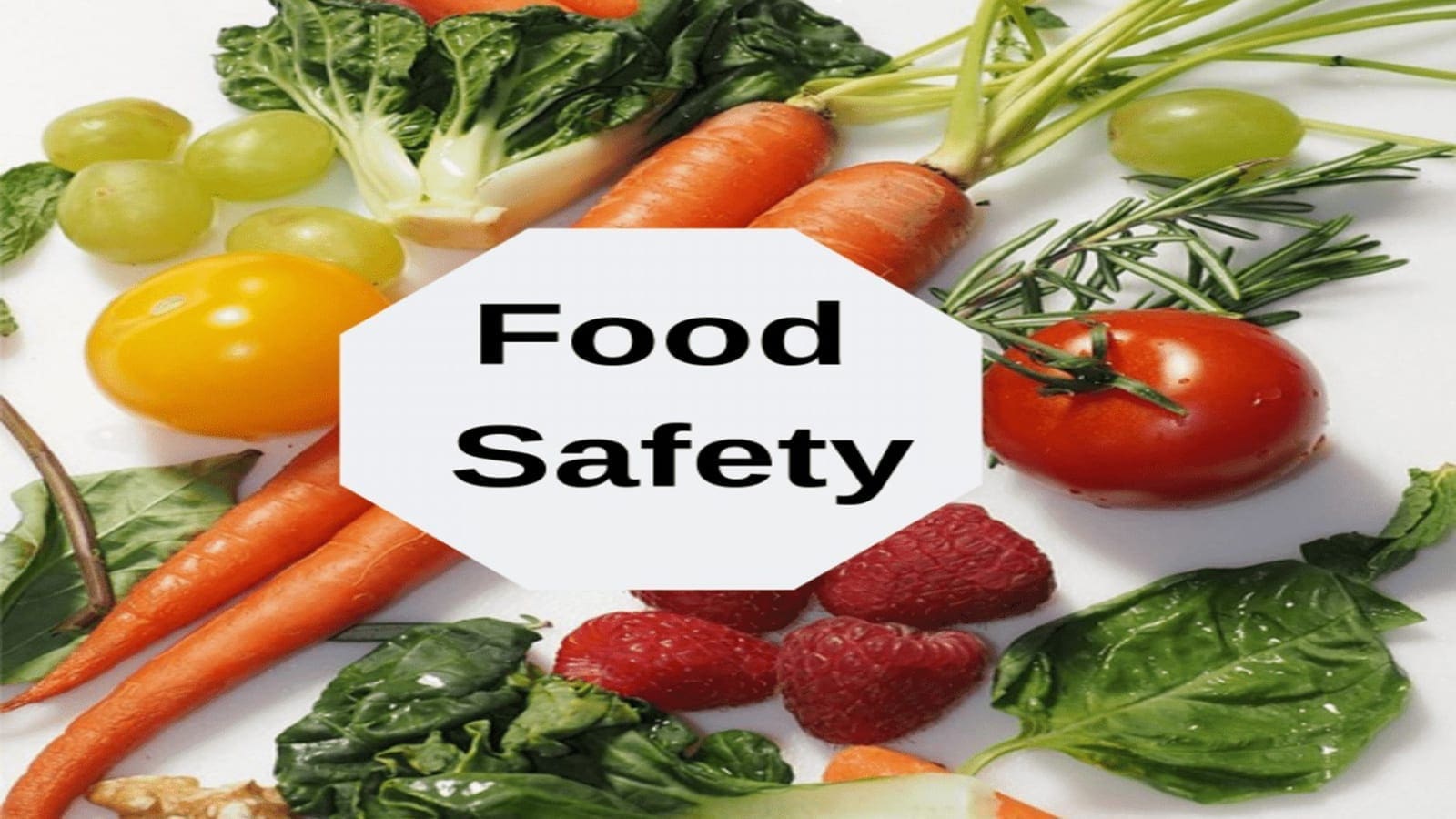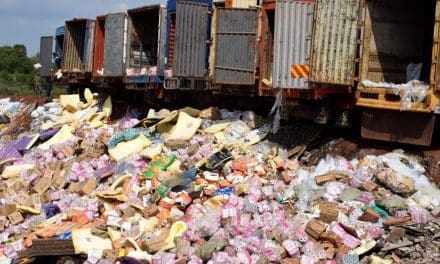LEBANON – The Food and Agriculture Organization of the United Nations (FAO) has backed the Ministry of Agriculture in buttressing its food safety role in the country.
Food safety in Lebanon represents a major concern for both policymakers and consumers. Studies by several research institutes and governmental organizations have reported high levels of contamination in various items.
To enhance circumstances and establish a Lebanese Food Safety Commission, the Lebanese Parliament approved a food safety law in 2016. (LFSC). Unfortunately, they did not set up implementation decrees, protocols, and systems to make it effective.
The FAO project assisted the Ministry of Agriculture in creating and implementing a prototype for a system to monitor food contamination (FCMS).
It improved the agency’s ability to implement the monitoring program by strengthening its infrastructure, skilled staff, and laboratory analysis capabilities.
Such a system is envisaged will produce information on the present state of affairs and trends regarding the occurrence and spread of viruses and other pollutants in the food supply chain.
It could offer data to assist the authorities in taking the proper steps, proof of policy and planning, and data.
The Ministry of Agriculture’s Strategy 2020-2025 seeks to improve the caliber and security of agricultural and food products.
It acknowledges that there are still numerous areas of vulnerability that have a detrimental impact on food control systems, despite national efforts to increase food safety.
Economic, social, and political upheaval stalled the FAO project, which started in late 2017 and was scheduled to last 30 months.
Late in 2019, work was put on hold because roadblocks all around Lebanon prevented the collection of food product samples needed for examination to create the FCMS.
Food Safety News reports that a quantitative risk assessment of microbial and chemical hazards helped estimate the risk associated with the consumption of food products including dairy, meat, fruits, and vegetables.
Research on product contamination and dietary concerns associated with Lebanese consumers’ exposure was published in December 2019. Results were presented and discussed in a workshop attended by 51 stakeholders.
Participants selected pesticide residues and aflatoxins to be monitored in domestic apples and in-shell roasted pistachios. However, there was a three-month delay to approve the two selected commodities to be tested.
Presentations on project outcomes and discussions on the system for tracking food contamination took place during a meeting in December 2021. The Ministry of Agriculture announced it was developing the system in February 2022.
It is anticipated that an efficient FCMS will result in more responsible production and a significant decrease in food loss.
Through the provision of safe food, it is intended that consumer health would be safeguarded and food security will rise.
Support for rural women
In the meantime, a different FAO project is assisting in increasing awareness of the role of women in the nation’s agri-food industry.
Online training courses on subjects such as food quality control, food processing, food safety, packaging, and labeling as well as protecting human health were held and attracted about 300 participants.
The course, which was supported by the Canadian government, was held in July to increase participants’ ability to produce healthier, safer food in a more sustainable manner.
Since 2019, the initiative has helped 255 women’s groups, including cooperatives, associations, and informal groups, as well as 32 facilitators and co-facilitators, strengthen their skills.
Overall, 150 women’s organizations will receive financial or in-kind grants to help them acquire tools and other resources to advance the manufacturing and marketing of their goods.
Liked this article? Subscribe to Food Safety Africa News, our regular email newsletters with the latest news insights from Africa and the World’s food safety, quality and compliance. SUBSCRIBE HERE








